Jordan and James, undoubtedly the two brightest superstars in NBA history. The former is known as the highest mountain, with 6 championships, 6 FMVPs, 5 MVPs, and 10 scoring titles, unparalleled in both honors and abilities. The latter is seen as the longest river, with a 22-year career that has amassed 40,000 points + 10,000 rebounds + 10,000 assists, 13 selections to the All-NBA First Team, and 20 All-Star appearances, making efficiency and longevity synonymous with James.
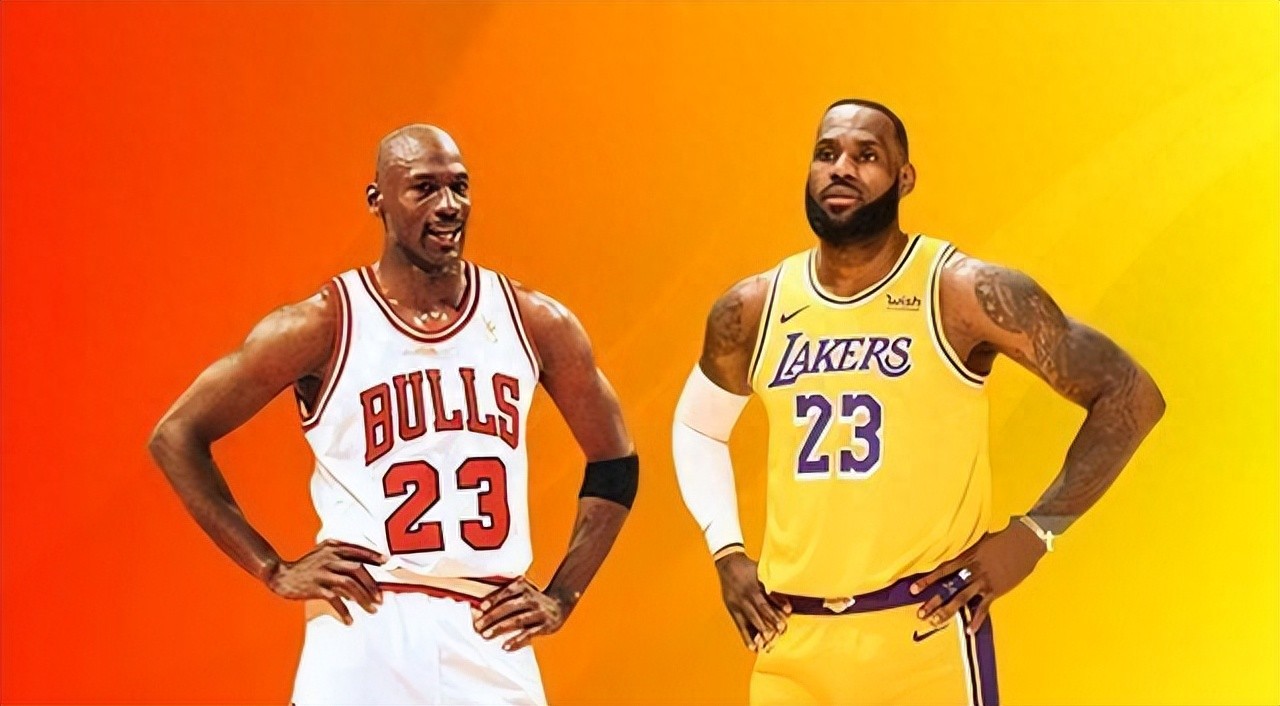
At the same time, Jordan and James are among the few players who have played until they were 40 years old. So, disregarding their peak periods, who performed better when they were 40 years old? Below, I will compare their individual statistics, efficiency values, game influence, and more to explore this question.

First, let's look at Jordan. In the 2002-03 season, at the age of 40, Jordan played all 82 regular-season games, averaging 36.9 minutes per game, scoring 20 points, grabbing 6.1 rebounds, dishing out 3.8 assists, stealing 1.5 times, and blocking 0.5 shots, with a shooting percentage of 44.5%, a three-point percentage of 29.1%, and a free-throw percentage of 82.1%. Although Jordan had descended from his throne at this point and could no longer soar through the air like he did in his youth, in terms of experience and skills, the 40-year-old Jordan had reached a master level, not inferior even to rising stars like Kobe and McGrady. That season, Jordan scored over 30 points in 15 games, over 40 points in 3 games, with a single-game high of 51 points. It can be seen that Jordan did not lose to the young players but to time and injuries.
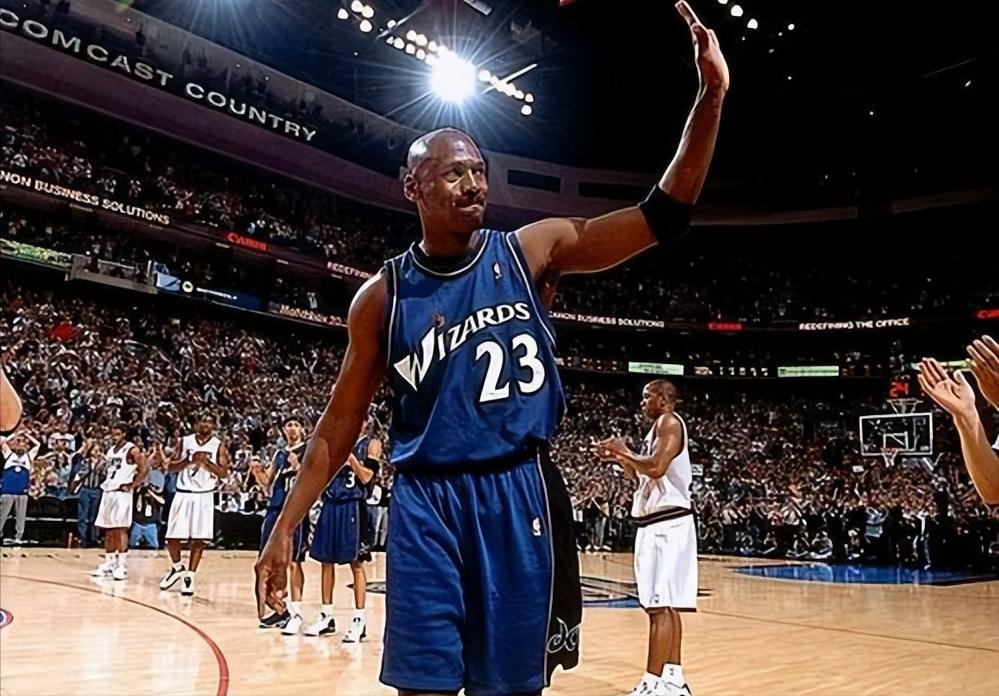
Although Jordan was selected to the All-Star team that season, due to the weak overall lineup of the Wizards, the team only managed a record of 37 wins and 45 losses, ranking ninth in the East and missing the playoffs, and Jordan was also unable to make the All-NBA team. Eventually, after the end of the regular season, Jordan officially announced his retirement, ending his 15-year NBA career. It is worth noting that in the following season, an 18-year-old James entered the league.
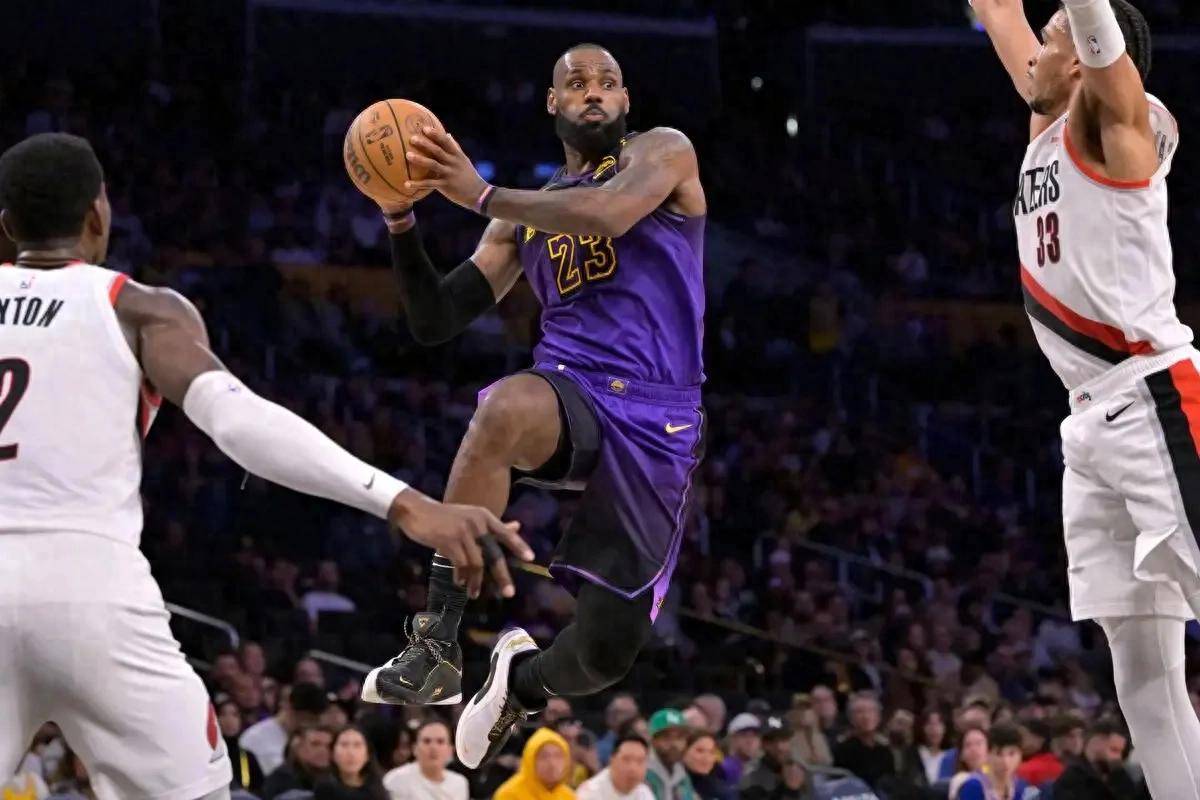
Now let's take a look at James' performance. This season, at the age of 40, James has already played 33 games, averaging 34.9 minutes per game, scoring 23.8 points, grabbing 7.7 rebounds, dishing out 8.8 assists, stealing 0.8 times, and blocking 0.5 shots, with a shooting percentage of 50.7%, a three-point percentage of 38.6%, and a free-throw percentage of 76.9%. To date, James has scored over 30 points in 9 games, with a single-game high of 39 points. In addition, James has recorded 8 triple-doubles, second only to Jokic in the league. Judging from the data, James is still one of the best forwards in the league, but due to his age, the decline in physical fitness can no longer sustain him running around the court like he did in his youth, especially on the defensive end where he is struggling.
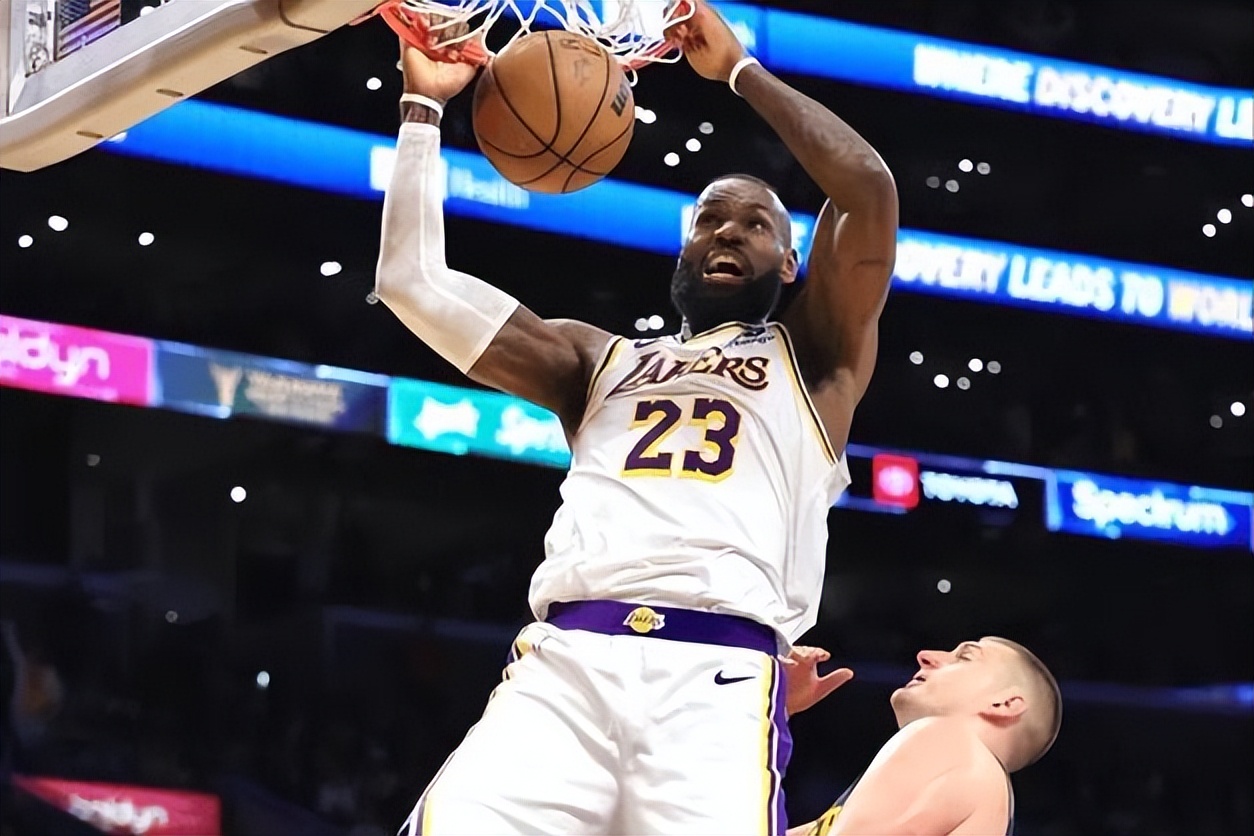
So far, James has led the Lakers to a record of 20 wins and 16 losses, ranking sixth in the West. And it is expected that James will still be selected to the All-Star team this season, perhaps even the All-NBA Third Team.
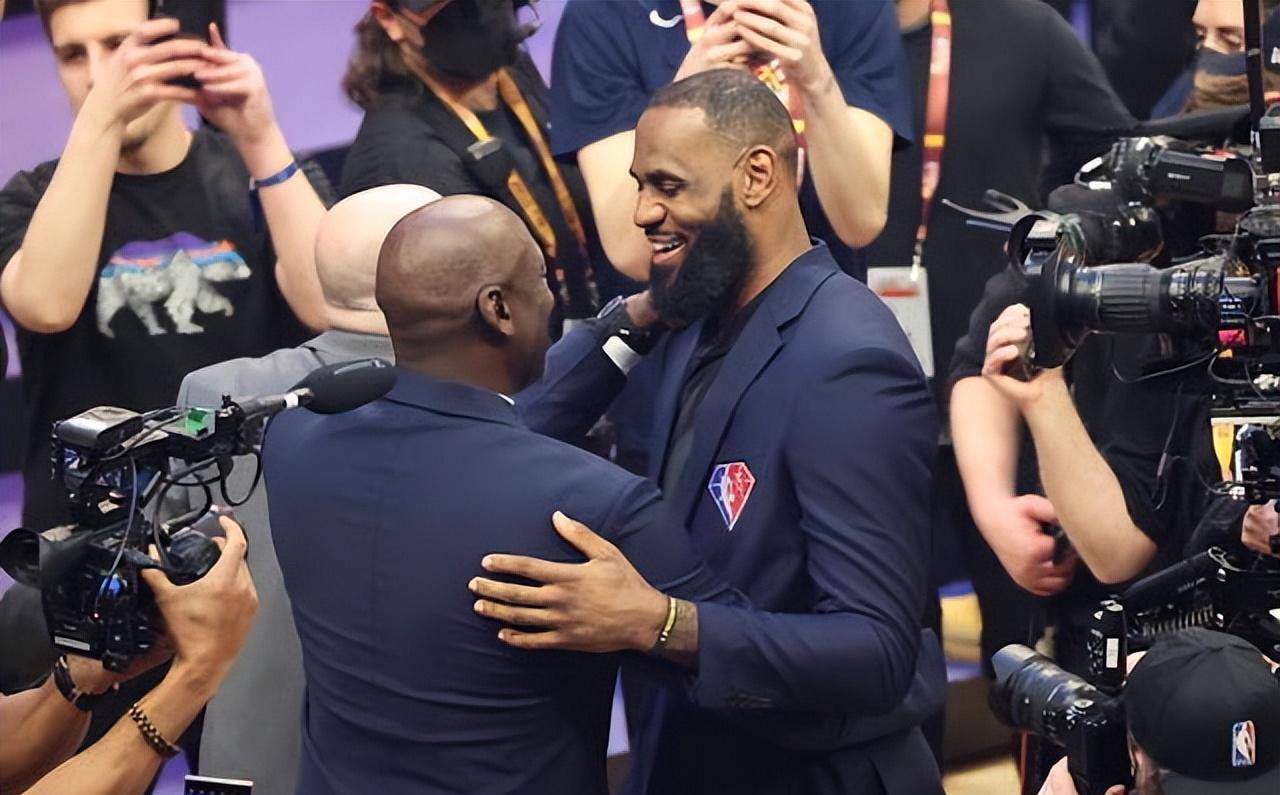
After the comparison, it is clear that James is superior in terms of statistics, efficiency values, and game influence. However, considering the differences in era and rules, as well as team situations, Jordan's performance is by no means inferior to James. After all, the defensive intensity was greater and there were fewer possessions during that period, with most teams averaging around 90 points per game, which would translate to about 25 points in today's terms for Jordan's scoring ratio. To sum up, when they were both 40 years old, James and Jordan perfectly embodied what it means to be "old and strong." As for who is stronger, I wonder what insights our readers may have?